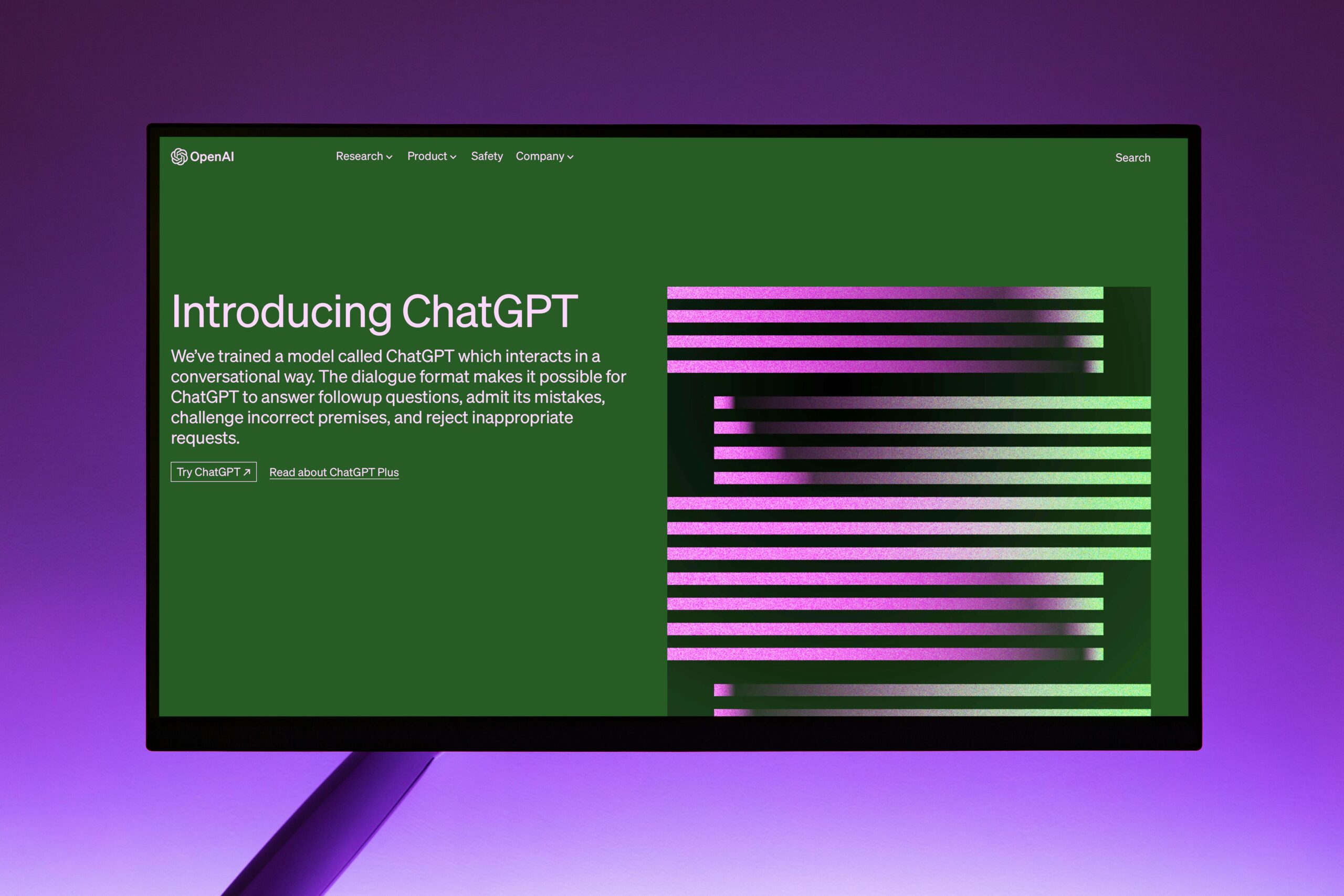Artificial Intelligence (AI) has become a transformative force in various industries, and web development is no exception. In 2025, AI-driven technologies are reshaping how websites and web applications are built, optimized, and maintained. From automating mundane coding tasks to enhancing user experiences with personalized content, AI is revolutionizing the web development landscape.
1. AI-Powered Code Generation and Automation
AI tools like GitHub Copilot, Tabnine, and OpenAI Codex are changing how developers write code. These AI-powered code assistants can suggest code snippets, complete lines of code, and even generate entire functions based on simple descriptions.
Benefits:
- Faster Development: AI reduces the time spent on repetitive coding tasks, allowing developers to focus on complex problem-solving.
- Fewer Errors: Automated code suggestions help minimize bugs and syntax errors.
- Learning Aid: New developers can learn best practices and improve their coding skills with AI-generated suggestions.
2. AI in Web Design: Automating UI/UX
AI is not just transforming backend development but also revolutionizing UI/UX design. Tools like Figma AI, Adobe Sensei, and Uizard leverage AI to automate design processes, generate layouts, and even suggest color schemes.
Benefits:
- Rapid Prototyping: AI tools can create wireframes and mockups in minutes, accelerating the design phase.
- Personalized User Experiences: AI analyzes user behavior to suggest design changes that enhance engagement.
- Accessibility Improvements: AI can identify and fix accessibility issues, ensuring websites are inclusive.
3. AI-Enhanced Personalization and User Experience
AI algorithms analyze user data to deliver personalized content and experiences. Platforms like Netflix, Amazon, and Spotify have set the standard for AI-driven personalization, and web developers are increasingly integrating similar techniques into their projects.
Applications:
- Dynamic Content Delivery: AI customizes website content based on user preferences and behavior.
- Chatbots and Virtual Assistants: AI-powered chatbots provide real-time support and enhance customer interactions.
- Predictive Search: AI improves search functionality by predicting user queries and offering relevant suggestions.
4. AI in SEO and Content Optimization
Search Engine Optimization (SEO) is a critical component of web development, and AI is playing a pivotal role in optimizing websites for better search rankings. Tools like Surfer SEO, Frase, and MarketMuse leverage AI to analyze content and provide optimization recommendations.
Benefits:
- Keyword Optimization: AI identifies the best keywords to target for improved visibility.
- Content Generation: AI can generate SEO-friendly content that aligns with user intent.
- Performance Tracking: AI monitors website performance and suggests improvements for better rankings.
5. AI-Driven Testing and Debugging
Manual testing and debugging can be time-consuming and error-prone. AI-powered tools like Testim, Applitools, and Sentry automate these processes, ensuring higher code quality and faster deployment.
Benefits:
- Automated Testing: AI can create and execute test cases, identifying bugs and performance issues.
- Predictive Debugging: AI predicts potential issues based on historical data, reducing downtime.
- Continuous Integration: AI integrates seamlessly with CI/CD pipelines, automating the testing process.
6. AI and Cybersecurity in Web Development
Cybersecurity is a growing concern in web development, and AI is proving to be a powerful ally in detecting and mitigating security threats. AI-driven tools like Darktrace, Cylance, and CrowdStrike use machine learning to identify vulnerabilities and respond to attacks in real-time.
Applications:
- Threat Detection: AI monitors network activity for suspicious behavior.
- Automated Responses: AI can automatically block or mitigate threats, reducing the need for manual intervention.
- Security Audits: AI tools perform regular security audits to identify and fix vulnerabilities.
7. AI in Voice Search and Natural Language Processing (NLP)
With the rise of voice-activated devices like Amazon Alexa, Google Assistant, and Apple Siri, optimizing websites for voice search has become crucial. AI-driven Natural Language Processing (NLP) is at the heart of this transformation.
Benefits:
- Voice Search Optimization: AI helps structure content to be more voice-search friendly.
- Conversational Interfaces: AI enables the creation of chatbots and virtual assistants that understand and respond to natural language queries.
- Enhanced Accessibility: NLP improves accessibility for users with disabilities.
8. AI and Progressive Web Apps (PWAs)
Progressive Web Apps (PWAs) are becoming increasingly popular, offering a native app-like experience on the web. AI enhances PWAs by optimizing performance, personalizing user experiences, and enabling intelligent offline capabilities.
Applications:
- Smart Caching: AI predicts user behavior to pre-cache content, ensuring faster load times.
- Adaptive Interfaces: AI adjusts the app interface based on user preferences and device capabilities.
- Context-Aware Features: AI enables PWAs to deliver contextually relevant content, even offline.
9. AI and Content Management Systems (CMS)
Content Management Systems like WordPress, Drupal, and Joomla are integrating AI to streamline content creation and management. AI-driven plugins and tools enhance CMS capabilities, making it easier for developers and content creators to manage websites.
Benefits:
- Automated Content Suggestions: AI recommends relevant content based on user behavior and trends.
- Image and Video Optimization: AI optimizes media files for faster loading and better performance.
- Enhanced Search Functionality: AI improves internal search capabilities, delivering more accurate results.
10. The Future of AI in Web Development
As AI technology continues to evolve, its impact on web development will only grow. Future developments may include:
- Autonomous Development: AI could eventually build entire websites with minimal human intervention.
- Advanced Personalization: AI will deliver hyper-personalized experiences based on real-time data analysis.
- Enhanced Collaboration: AI will facilitate better collaboration between developers, designers, and content creators.
Conclusion
AI is fundamentally transforming web development in 2025, offering tools and technologies that streamline coding, enhance user experiences, and improve website performance. By integrating AI into their workflows, developers can create more efficient, secure, and personalized web applications. As AI continues to advance, staying updated with the latest AI-driven tools and techniques will be essential for anyone in the web development field.

Leave a Reply